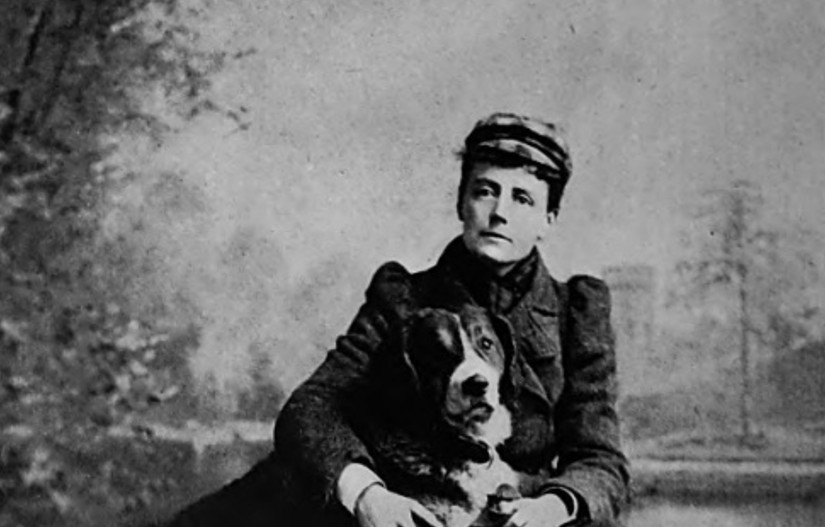
Discovering the Original Manuscript of Ethel Smyth’s Mass in D
Lisa Colton recounts the thrill of discovering the autograph manuscript of Edith Smyth’s ‘Mass in D.’
There is no historical or geographical limit on what can be covered. There is no restriction on the style or genre of song or singing.
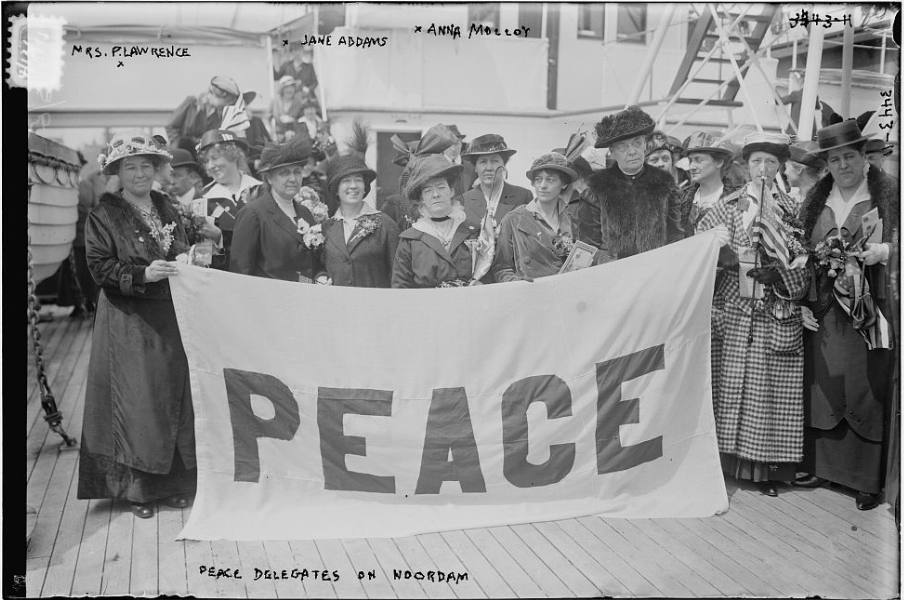
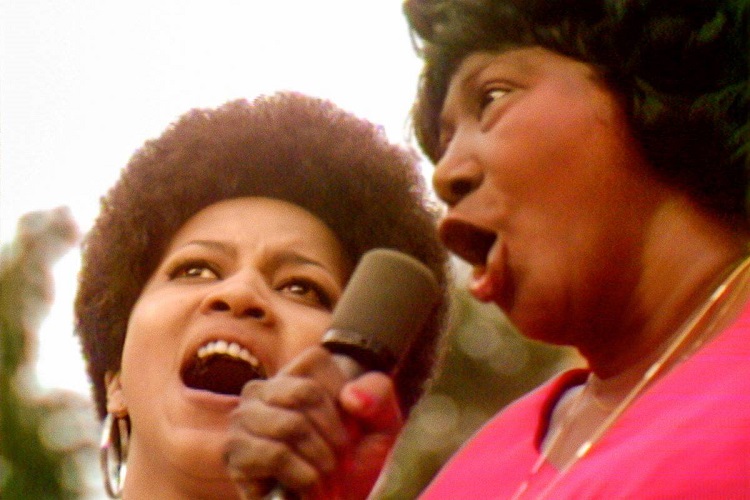

Lisa Colton recounts the thrill of discovering the autograph manuscript of Edith Smyth’s ‘Mass in D.’

Ascensión Mazuela-Anguita finds that Lomax’s 1952-53 recordings help us to understand the political situation under Franco, life in impoverished Spain, and the moral constrictions faced by women.
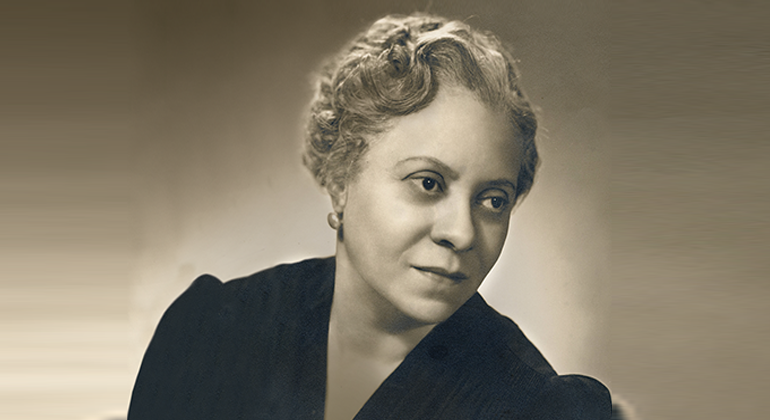
John Michael Cooper interprets Florence Price’s songs, “To My Little Son” and “Brown Arms (To Mother),” as responses to the painful losses of her son and her mother.
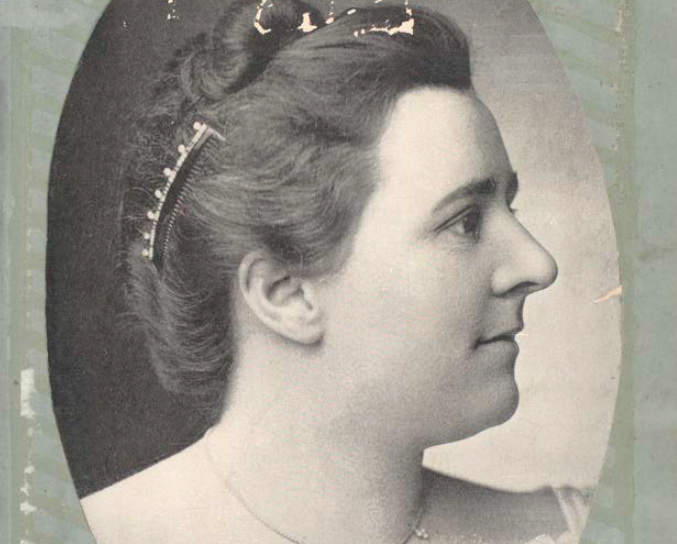
In her second post, Heather Platt tracks Villa Whitney White’s lecture-recitals of German lieder from 1895–98. Unusually, White sang complete song-cycles and songs written for men.

Heather Platt discusses an unusual lecture-recital held in Denver in 1898 that brought together songs of Native Americans, Blacks, Creoles and whites. Women’s clubs and Villa Whitney White made it happen.

Qianwen Yu explores the musicality of traditional weaving through a combination of historical research and contemporary technology, interpreting the woven fabric as a map, as a score.

Riché Richardson talks about what Whitney Houston meant to her as a Black teenager growing up in Montgomery, Alabama.

Riché Richardson talks about what Whitney Houston meant to her as a Black teenager growing up in Montgomery, Alabama.
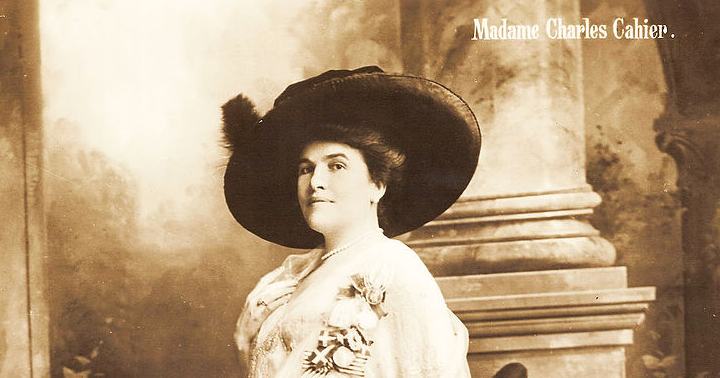
Now largely forgotten, Madame Charles Cahier was one of the most famous interpreters of Mahler’s vocal music. She, and the few recordings she made, deserve our attention.

Candace Bailey pursues the determination of Harriett Abrams to be recognized for her songs from 1803, and especially in numerous publications of those songs.